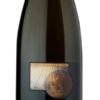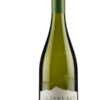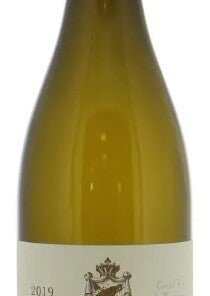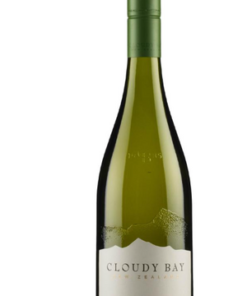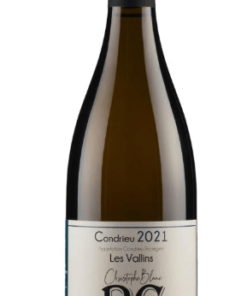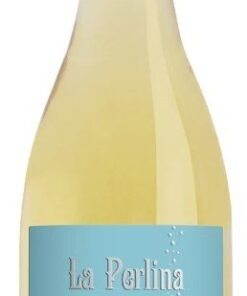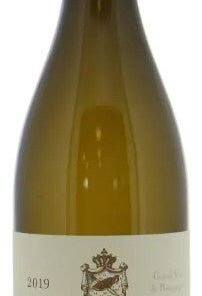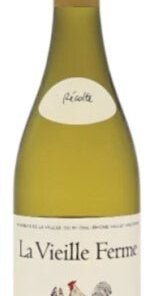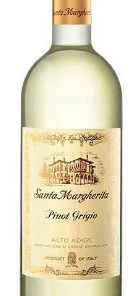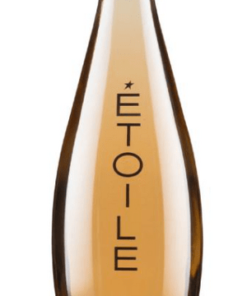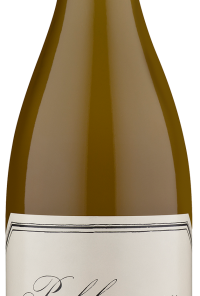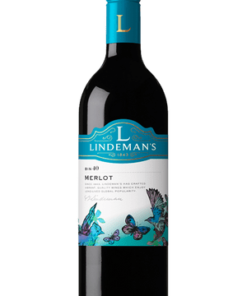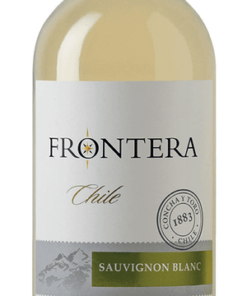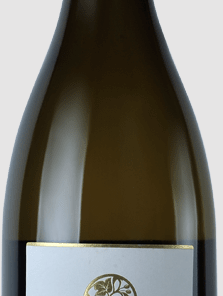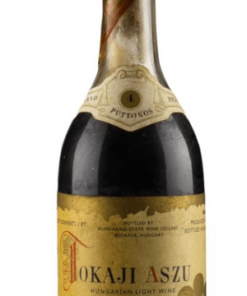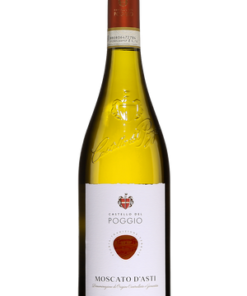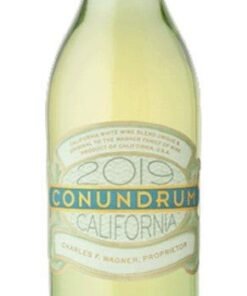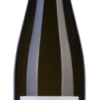2021 | Weingut Stadt Krems | Gruner Veltliner $79.99
$79.99
White Wine: 2021 | Weingut Stadt Krems | Gruner Veltliner
Light green yellow colour with silver reflections. Delicate tobacco and herbal savouriness with yellow stone fruits in the background, subtle hint of tangerine zest and blossom honey, attractive bouquet.
Order from the Largest & Most Trusted Premium Spirits Marketplace!
Featured in
ROLLING STONE
MEN’S JOURNAL
US WEEKLY
NOTICE: Many other small liquor store sites may end up cancelling your order due to the high demand, unavailability or inaccurate inventory counts. We have partnerships consisting of a large network of licensed retailers from within the United States, Europe and across the world ensuring orders are fulfilled.
Producer: Weingut Stadt Krems
Vintage: 2021
Size: 750ml
ABV: 12.5%
Varietal: Gruner Veltliner
Country/Region: Austria, Kremstal
‘
Detailed Description
Light green yellow colour with silver reflections. Delicate tobacco and herbal savouriness with yellow stone fruits in the background, subtle hint of tangerine zest and blossom honey, attractive bouquet. Elegant, fine white apples, finesse-rich acidity, mineral, lingers long, already accessible, has certain ageing potential.
Producer Information
Established in 1452, the original purpose of this winery was to provide revenue for the hospital in Krems. The estate-bottled wines of the city’s own winery have always been a source of pride for its residents, but over the years the winemaking itself became perfunctory and lacked distinction — until the arrival of the current team in charge of the winery. During those lesser years these wines were passed by as young winemakers in the zone pushed for higher quality in the wake of the 1985 diethylene glycol scandal. Since 2003 many Stadt Krems vineyards have been replanted and revitalized and the cellar has undergone a renovation and expansion. Fritz Miesbauer and his young, ambitious team now craft their wines in the stainless steel tanks of a pristine but technically simple cellar. With a compact range of six offerings sourced from a variety of soils and handled by careful and adept managers, the wines display both the minerality and the juiciness of the Kremstal. All 75 acres of vineyards held by Weingut Stadt Krems are within the city limits. The Krems Valley is only a small winegrowing area, defined by two different soil profiles. The rolling highlands and the eastward falling slopes of the “Bohemian Massif” are some of the oldest formations in the world. In the Krems area, it is made up of various types of gneiss, whose weather-beaten forms make up the original Urgestein (primary rock) of the terraced vineyards to the west of the city. This is excellent soil for growing Riesling. But the loess soil is of particular importance for viticulture in Krems. The loess was formed in the most recent Ice Age some 300,000 years ago. It is mainly found on the southern and southeastern slopes of the Krems vineyards. It provides optimal conditions for growing the famed Grüner Veltliner of Krems with a lot of spice and fine structure. Fritz Miesbauer and his colleagues aim to produce wines with a clean fresh profile that are enjoyable to drink, and are typical of the region. They start with great vineyard sites, planted with the correct varieties for their soil profiles. The grapes are selected without influence of botrytis, fully ripe but clean. Fermentations take place in stainless steel tanks. The classic wines are released in the late winter and the reserve quality wines are released in May as regulations for the appellation dictate.


